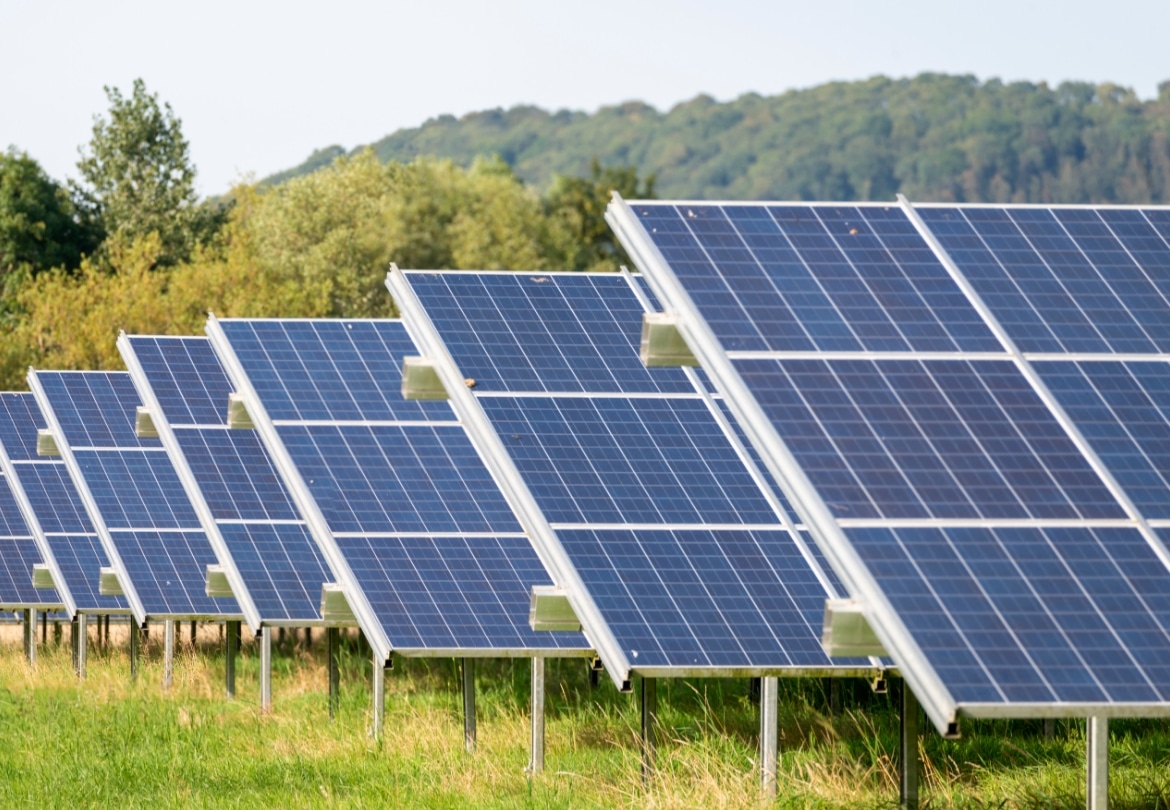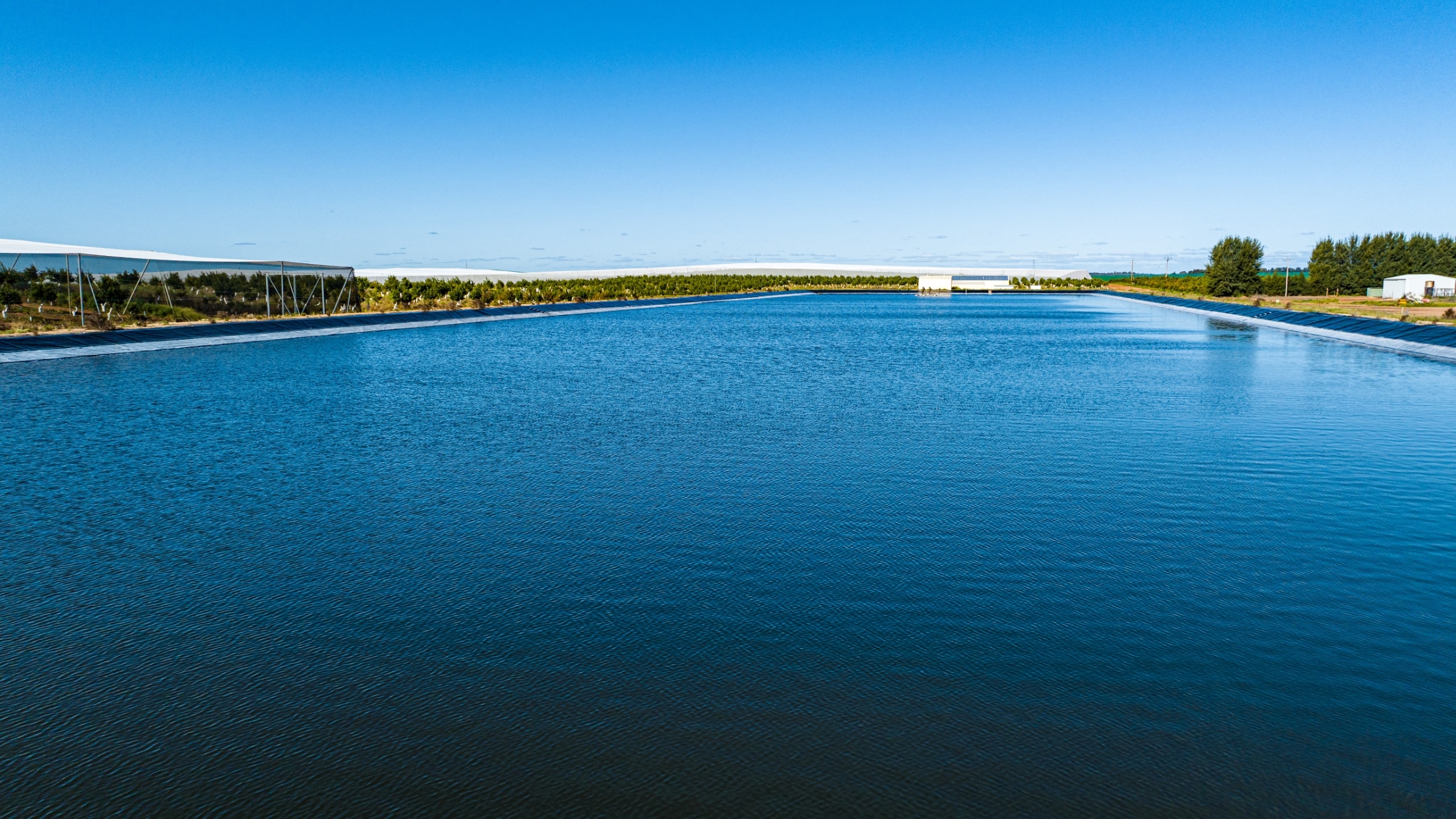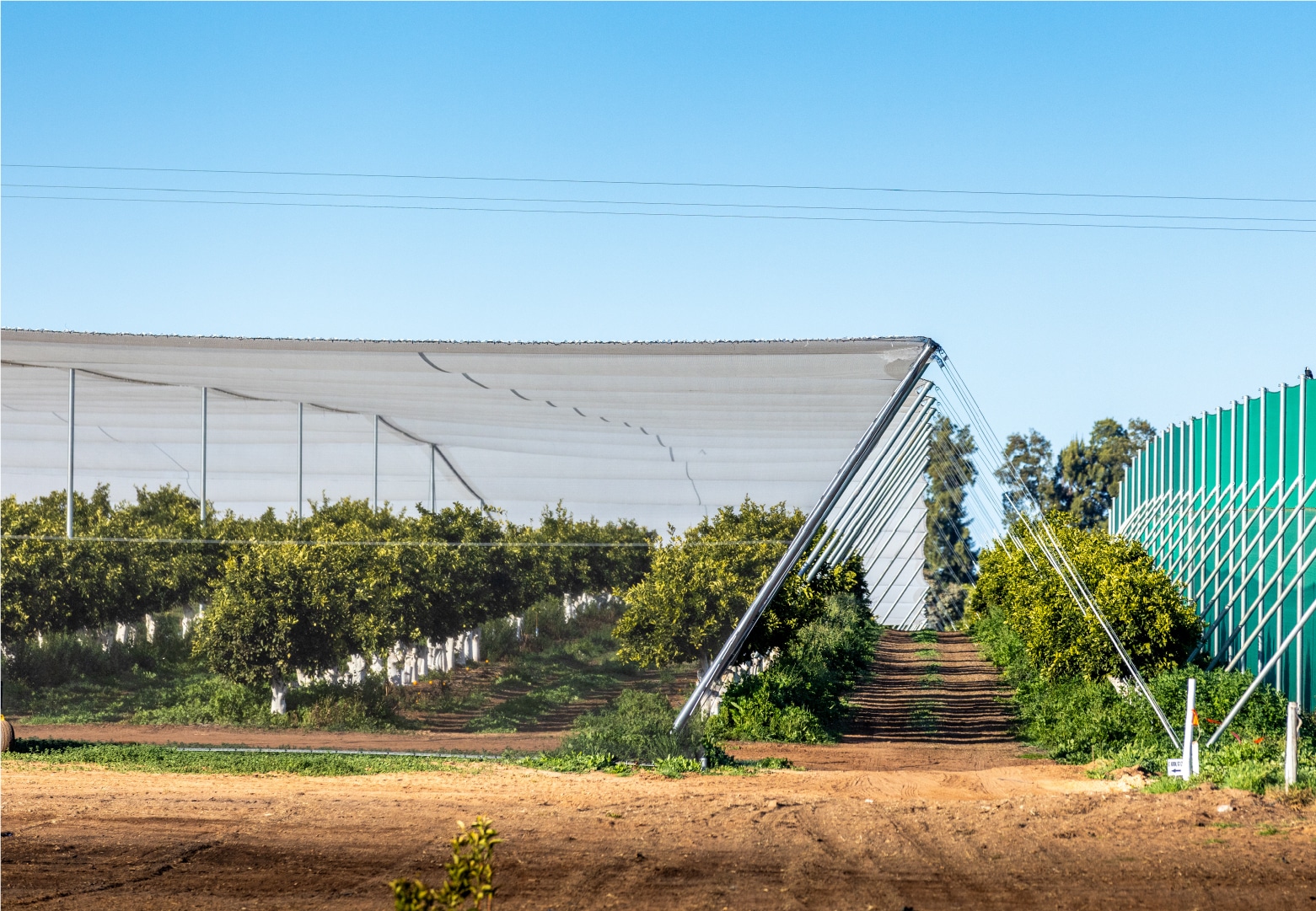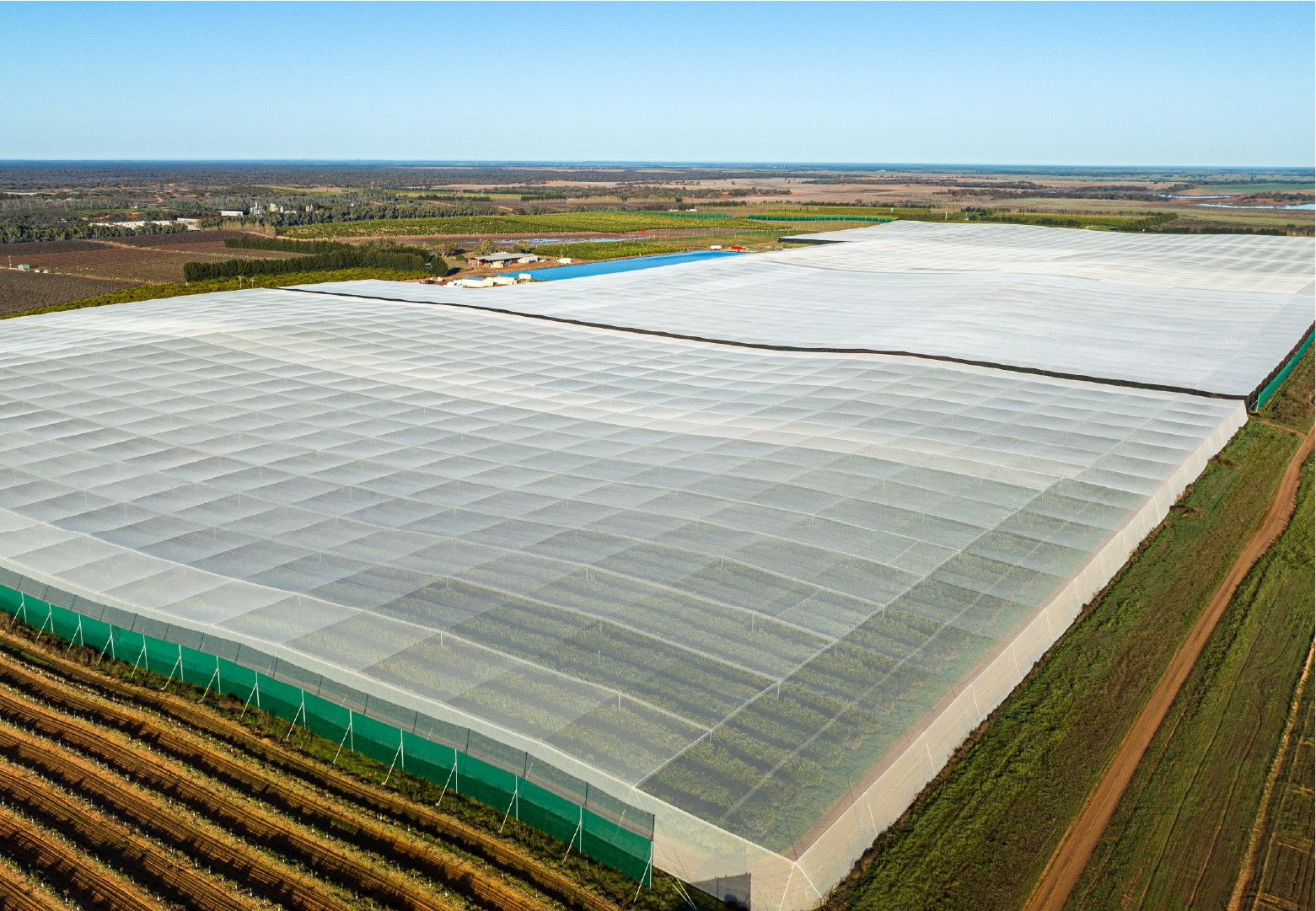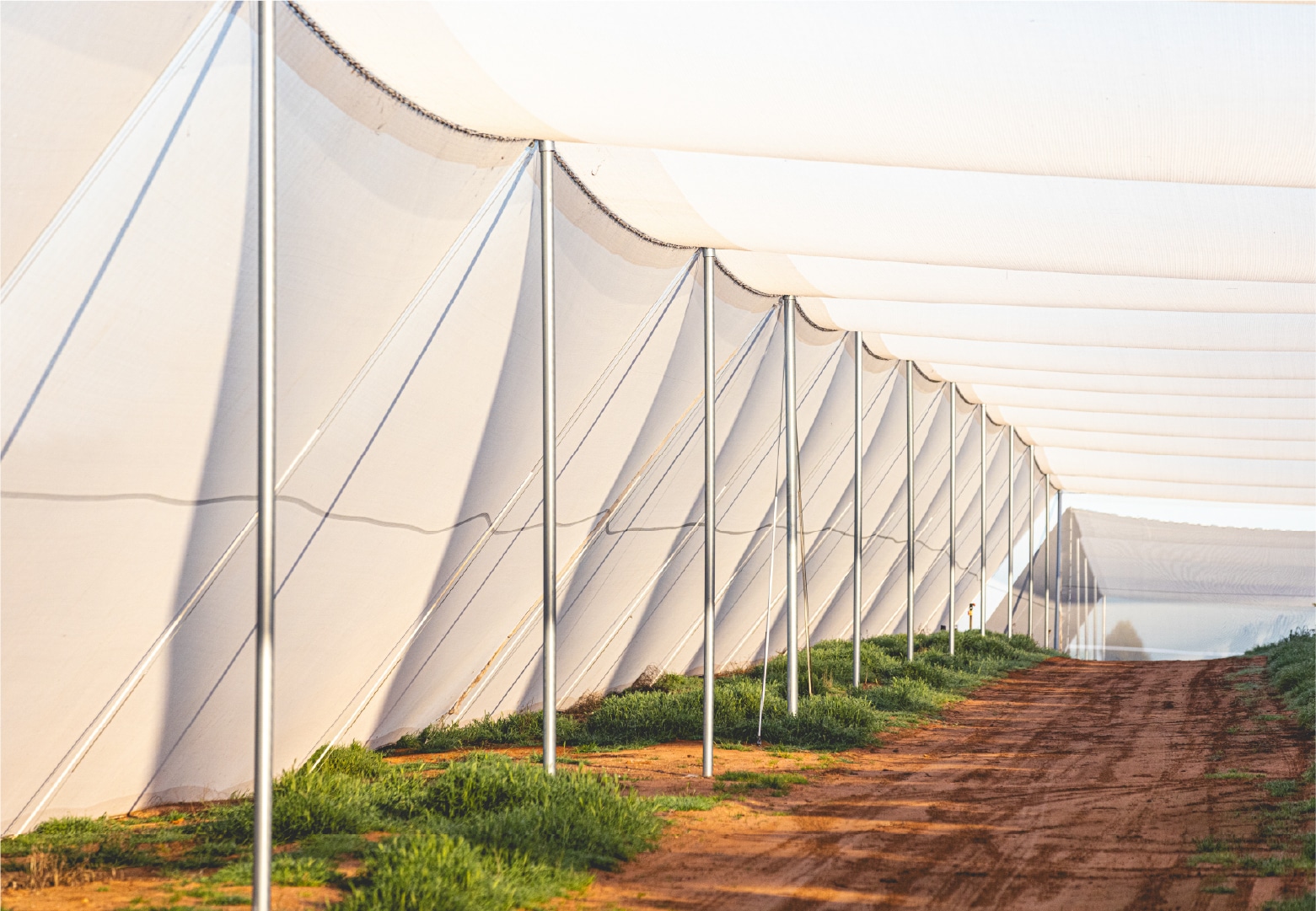Championing sustainability
We champion sustainability on two fronts – the sustainability of our business as an ongoing entity and the sustainability of the land and environment that supports us. When these two elements are strong, our future is fruitful.
Quality that doesn't cost the earth
Our premium fruit is the product of state-of-the-art sustainability practices
in agtech:
- Advanced soil management – because good soil health is the foundation of quality fruit
- Nutrition control for supporting superior growth and minimising waste and residue
- Crop protection that nurtures fruit and ensures precious resources, like water, are maximised
- Integrated pest management that encourages biodiversity and reduces chemical reliance
Even in our packing and processing facilities, and during transportation, sustainability remains front of mind at all times – proof that optimal efficiency, eating standards and output don’t have to come at the expense of nature.
This is how the world’s most beautiful fruit reaches your fruit bowl.
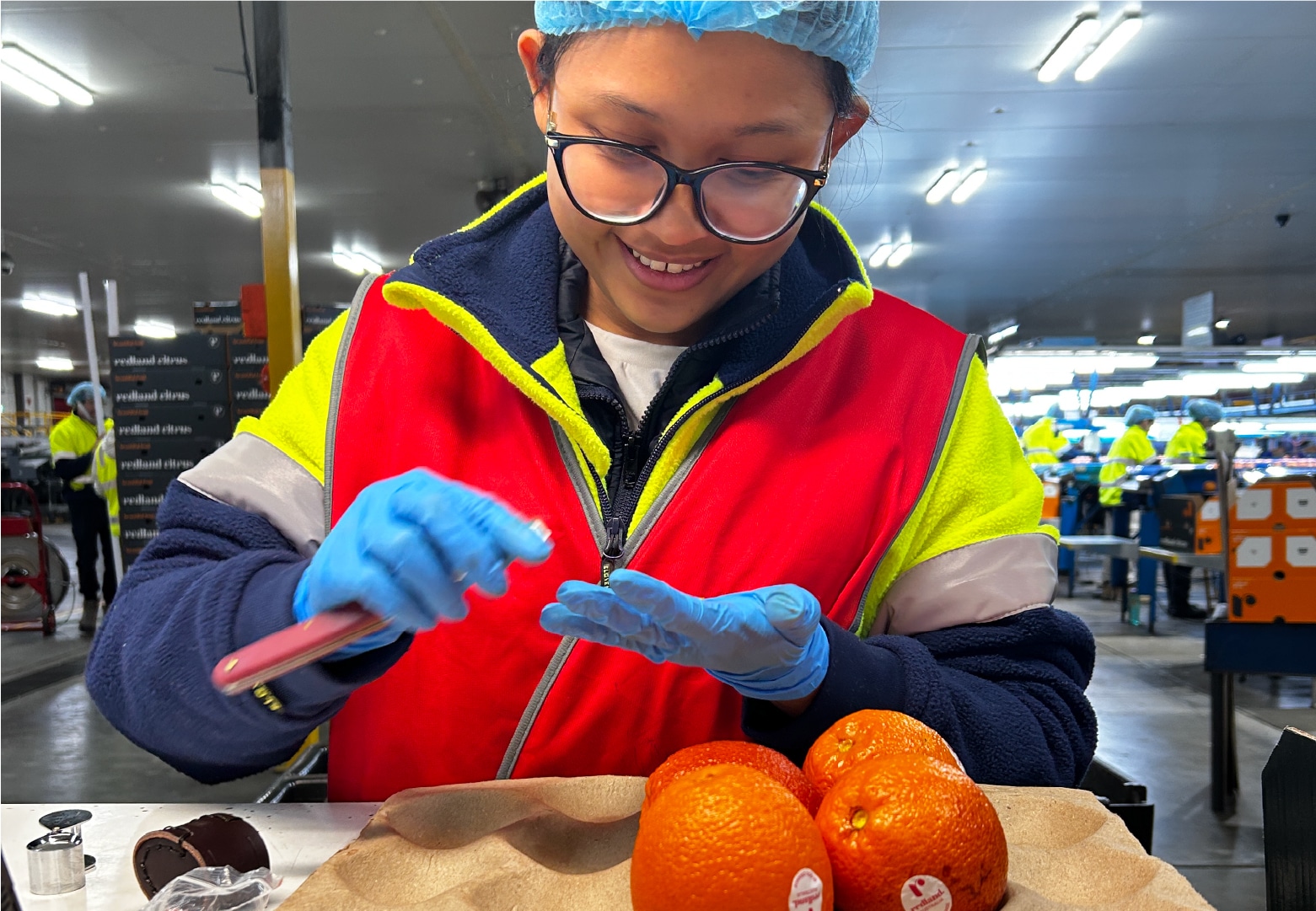
Our trees are only tended to by hand
Really beautiful fruit depends on more advanced agtech – in fact, nothing can replace the care and precision of tending fruit trees and vines by hand.
All our plants are pruned by people for best practice in:
- Air circulation
- Sunlight penetration
- Pest management
- Plant and vine health
- Better quality fruit
Once it’s time to harvest, every piece of Redland fruit is then picked by hand as the first point of quality control, providing the TLC needed for consistently good fruit – from our farms to your fruit bowl.
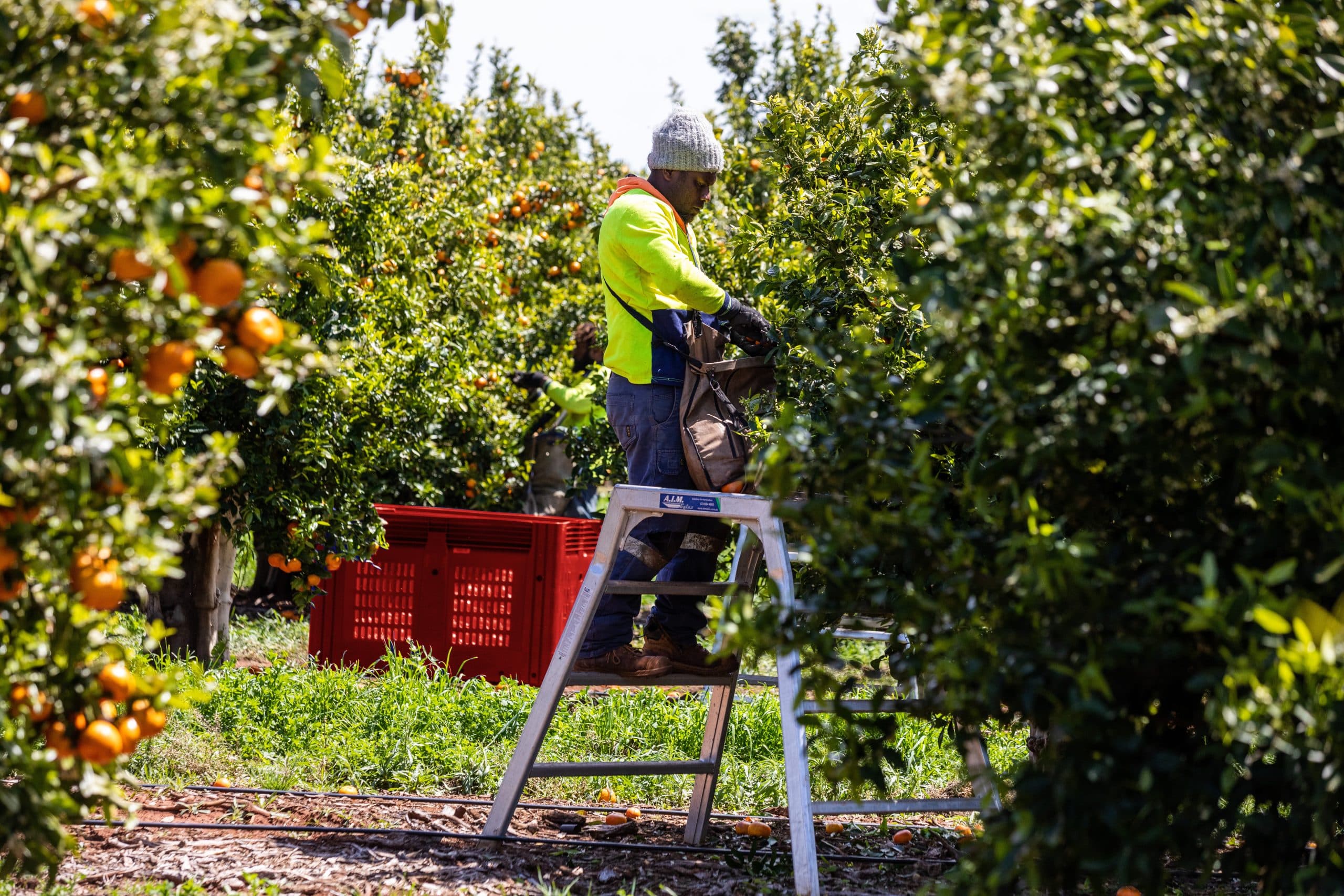
Soil management
Soil needs to be highly fertile to grow consistently good fruit – both moisture and nutrient rich.
We test our soil at regular intervals across our farms using GPS data, moisture sensors, and aerial drone scanning to fully capture composite data of our crops.
This data is then analysed by our experienced team of agronomists, with compost blends, carbon sources and cover crops applied to boost microbial fertility. Soil health is continually enhanced, as well as plant growth, pest management, water retention, and nutrient uptake.
Ultimately, this approach to soil management supports our reputation for premium brands in every category of fruit we grow.
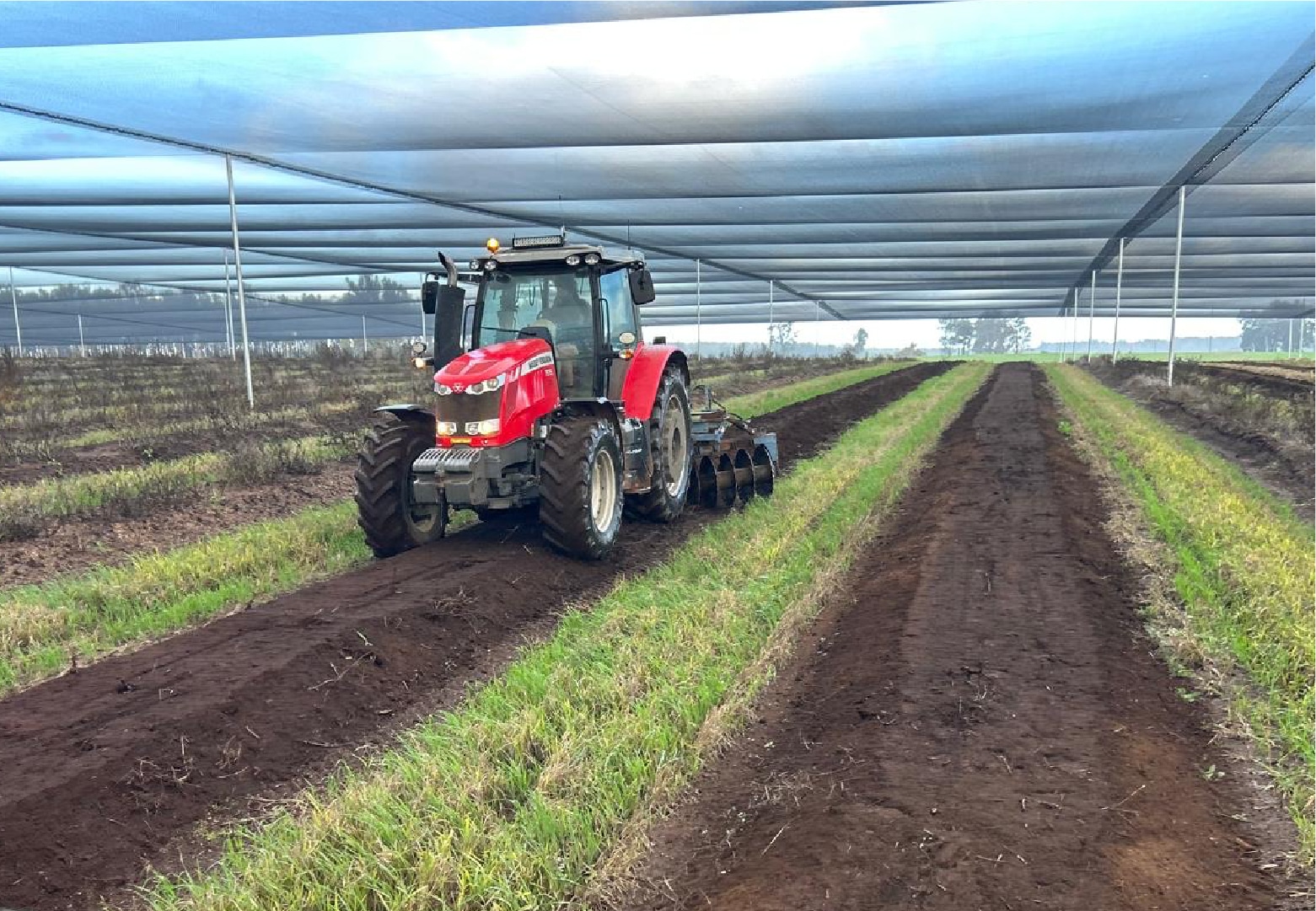
Protected cropping
To ensure a consistent supply you can count on, we’ve installed market-leading horticultural netting structures over more than 1700ha of our orchards. These structures protect plants and their fruit by reducing their exposure to harsh Australian weather patterns such as hailstorms, high winds and heatwaves.
Similarly, retractable rain cover systems are in place to shield our table grape vines and provide flexibility in harvest times, regardless of the weather.
By caring for our crops with these proven protective measures, we consistently produce – year on year – the world’s most beautiful fruit. It also means we can guarantee food supply and employment for the local communities where our farms are located.
Water management and irrigation
Given water is the world’s most precious resource, we’ve invested heavily in infrastructure and innovations that use less water but grow better quality fruit.
Our farms are equipped with moisture sensors and automated irrigation systems that deliver the right volumes of water at the right times, significantly reducing water wastage. Additionally, our horticultural netting prevents up to 30% of water evaporation from crops.
As a 100% Australian owned company that understands the severity of the Australian sun, we’ve made every effort to work with nature, not against it.
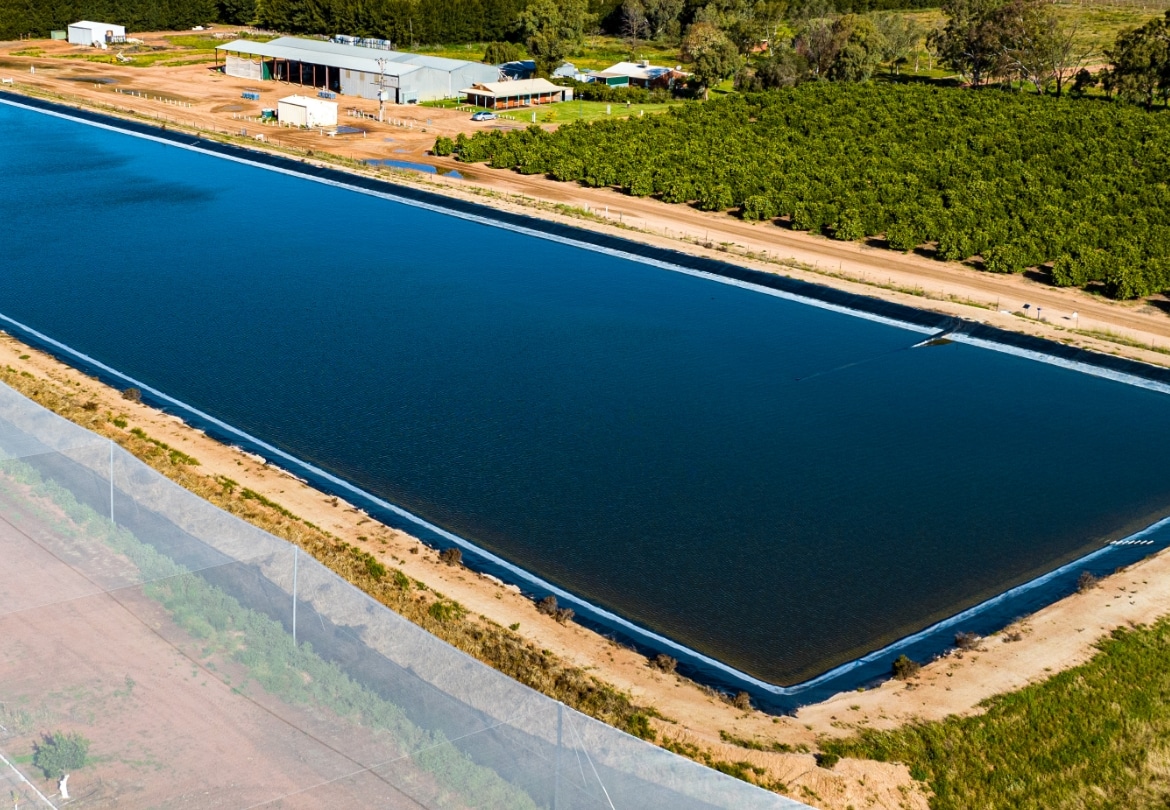
Less water, less energy, better fruit
By implementing horticultural netting, moisture sensors and controlled irrigation, we don’t use a drop more water than we need to. This is reflected in our broader energy use. Solar and other renewable energy sources have been introduced wherever possible to reduce our carbon footprint and ensure we work efficiently and sustainably.
We have full ownership over our farms and pack-houses, and we invest heavily in technologies like crop protection systems and structures, so we can pursue world-class sustainability practices without compromising quality.
Less energy + less water = better fruit.
